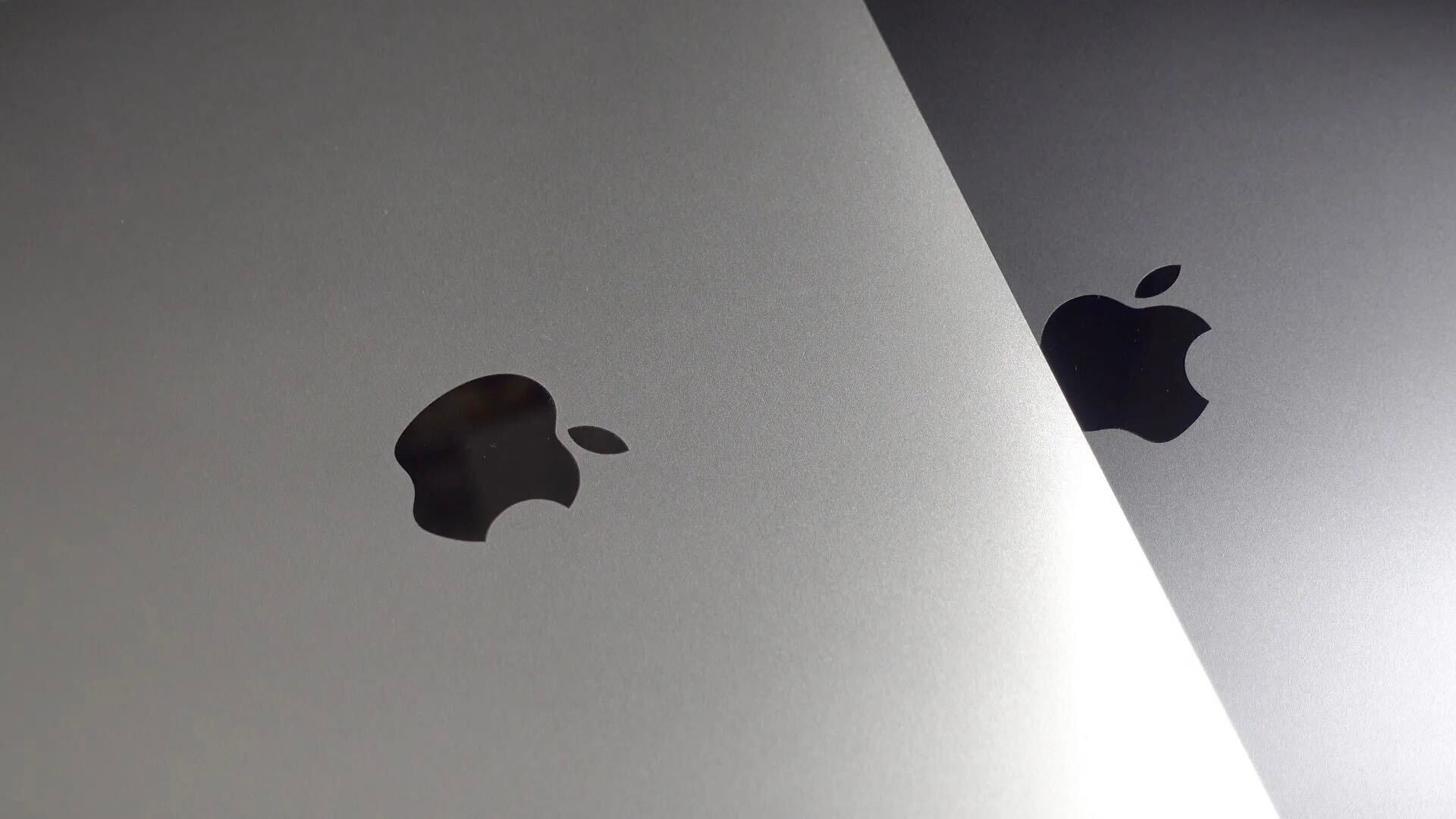
A pair of reports today explain that Apple customers across in Singapore are noticing a high number of fraudulent credit card charges being made via iTunes. According to the Channel NewsAsia, Apple has said it is investigating the complaints, but specifics remain unclear…
The report explains that “dozens” of Apple customers have recently experienced fraudulent charges on their iTunes account. Two people said that they had at least $5,000 (S$7,000) drained from their bank accounts through iTunes purchases.
Two people told Channel NewsAsia that they lost at least S$7,000 each to iTunes purchases with one saying she was billed on her HSBC credit card. She added that she only realised something was amiss when she received a text message from HSBC that she had less than 30 per cent of her credit limit left. She realised the extent of the issue after speaking to a customer service operator.
The affected customers have been banking with several of the popular banks in Singapore, including UOB, Oversea-Chinese Banking Corporation or DBS. OCBC explained in a statement that it began noticing unusual transactions on 58 cards, all of which turned out to be fraudulent transactions through iTunes:
“In early July, we detected and investigated unusual transactions on 58 cardholders’ accounts. Upon confirmation that these were fraudulent transactions, we deployed the necessary counter-measures and are currently assisting the affected cardholders via the chargeback process,” said Mr Vincent Tan, head of credit cards at OCBC Bank.
Furthermore, UOB explained that it has increased monitoring of all iTunes spending over recent weeks due the increase in fraudulent activity.
As noted by the Straits Times, Apple customer support informed an affected user that no purchases had been made on her Apple account, but rather her card had been used by a fraudulent iTunes account. Apple subsequently banned that account.
For its part, Apple Singapore told Channel News Asia that it is “looking into the matter,” while also pointing users towards a support page which describes how to report problematic iTunes purchases:
“They will need to sign in using their Apple ID, and will then be able to view purchases and assess veracity before reporting the issue,” Apple Singapore said.
This is an interesting situation all around and it’s unclear what exactly Apple could do to help resolve it – or what of the burden actually lies with it. We’ll be sure to update if further details emerge.
Subscribe to 9to5Mac on YouTube for more Apple news:
FTC: We use income earning auto affiliate links. More.

Comments